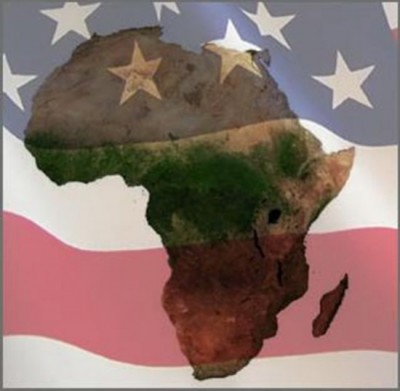Africa’s Debt Burden: The Dual Problems of National and Individual Debt

More than a decade ago an incredible $100 billion worth of African debt was written off. The fractured political landscape in Africa at the time was, and the instability and extreme poverty it caused, was thought to be a result of financial instability owing to insurmountable debt, and so the international community came together to remove the problem. Thirty five different countries globally benefitted from this debt write-off, including Ghana, Mozambique and Zambia.
The country that benefitted most from the decision was Mozambique, which saw its debt slashed drastically, from 86% of the country’s gross domestic product in 2005 when the decision was made to just 9% the following year.
[The write-off was not granted unconditionally. Countries had to obey the orders of the creditors and adopt macro-economic policies which contributed to increasing the debt, GR Ed]
However according to a new report from the Wall Street Journal, the country has since built its debt back up considerably, and that debt now stands at 61% of its GDP. Similar stories of debt written off only to be regained in less than a decade can also be found in both Ghana and Zambia, meaning that the benefits seen by these African countries (such as developing economies, falling numbers of people living in poverty, and acceptance into wider international communities) could be reversed once more. Following years of borrowing, the national burden in these countries now feels heavier than ever. The result of this is that national spending on health, poverty reduction and other important measures is down, as respective governments restrict their spending in order to continue paying their rising debt bills.
Issues Compounded By China’s Slowdown
The problems accompanying this new borrowing are being compounded by the slowdown of trade and involvement in the region from China, which is importing less oil and other commodities from Sub Saharan Africa than in previous years. This is not a problem that those African nations involved can control, as the Chinese slowdown is thought to be a result of separate problems the super power is experiencing within its own economy. Whilst the scale of economic growth in Africa is still higher than many other counties, when 2015 figures are compared like for like, the region is massively vulnerable to the falling prices of commodities, and with its debt already increased so highly, it simply cannot afford to lose trade at this time.
South Africa’s Personal Debt Crisis
The problem of insurmountable debt isn’t just affecting pan-African relations on a national level: on an individual level, debt numbers are on the wise across the continent. The debt burden amongst South Africans is being perceived as a ticking time bomb in the country, and is on the verge of becoming a true national crisis.
An incredible 78% of the disposable income of South Africans is swallowed up by paying personal loans and other individual debts: irresponsible lending is thought to be the cause of this, and in association with high levels of food inflation, more households than ever before in the country are over indebted and struggling to make their loan repayments in time. Lending restrictions are being tightened in the country, and tighter rules have been enforced over the past 12 months, but to many this is being seen simply as too little too late. Impartial debt advice services can help those struggling with the burden of debt to manage their debt, but there is little governmental support for those individuals who are struggling. The huge amount of debt on the shoulders of individuals is leading to discontentment and instability amongst South African citizens which is, in turn, making the government feel uneasy.
Africa is a continent being overwhelmed by debt problems on a wide variety of different scales. Both for the governments struggling to provide support for its citizens because of a lack of publically available funds, and for the individuals who are spending such a huge percentage of their incomes of paying back their debt that they are left unable to feed their families, this problem is one that won’t go away, and one that can only be addressed with swift and drastic action.
Helen Gallant is a freelance writer.

